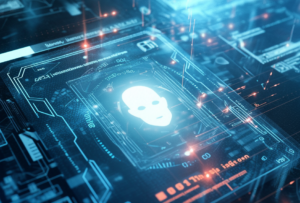The Philippine Statistics Authority (PSA) and the Department of Information and Communications Technology (DICT) have launched the country’s Digital National ID. The digital ID serves as a valid proof of identification and age, facilitating government and private transactions.

Two new authentication platforms, National ID eVerify and National ID Check, were introduced to enhance security and streamline the verification process. These tools use facial recognition and real-time data verification to ensure the authenticity of the ID, benefiting both government agencies and private establishments.
The digital version of the national ID can be accessed through the official website or the eGovPH app. Users need to input demographic information and undergo facial verification to confirm their identity.
The initiative is part of the Philippine Development Plan 2023-2028, aiming to improve government service delivery and reduce inefficiencies. As of May 2024, 87.6 million Filipinos have registered for the PhilSys, with 51.6 million having received physical ID cards. The digital ID addresses a backlog of 32 million pending physical cards, allowing immediate access to identification.
“With these developments, every registered Filipino now has improved access to a reliable and secure proof of identity that can be easily authenticated on their devices,” said PSA Undersecretary Claire Dennis S. Mapa. “This will facilitate the faster distribution and wider utilization of the National ID, with relying parties finding it easier to onboard to the National ID system.”
The authentication platforms, National ID eVerify and National ID Check, are designed to enhance security and facilitate the onboarding process to the national ID system. These tools ensure secure and efficient identity verification, minimizing the risk of fraudulent activities. Government agencies and companies can use these platforms to quickly and reliably confirm identities, improving the overall efficiency of transactions.
A QR code feature on the digital ID allows easy verification without direct access to the national ID database, ensuring data security. Meanwhile, the platform’s zero-trust policy and encryption measures safeguard user data, maintaining high security standards.
Sources: Presidential Communications Office, Philippine News Agency, Manila Standard
–
(Originally published on FindBiometrics)

Follow Us